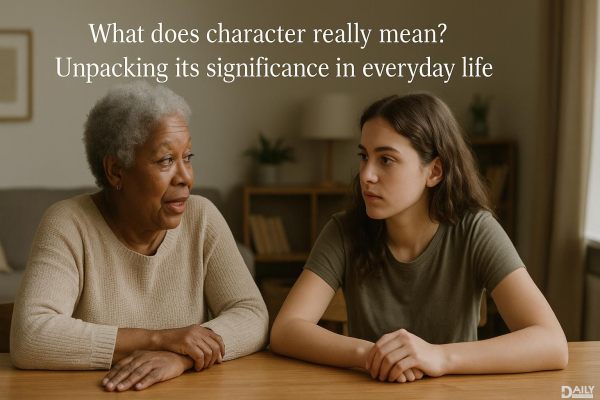Words have the power to shape perceptions, influence emotions, and leave lasting impacts on individuals and communities. Yet, despite their profound influence, many people fail to grasp the weight of their language. Whether it’s casual remarks, offhand comments, or deliberate insults, the harm caused by words is often underestimated or dismissed. This disconnect between intention and impact raises an important question: Why don’t people fully understand the consequences of their words?

The Illusion of Harmlessness
One of the primary reasons people underestimate the power of words is the illusion that they are harmless. Unlike physical actions, which leave visible scars, the damage caused by words is often invisible. This invisibility can lead to the misconception that words are less impactful. However, psychological research consistently shows that verbal abuse, derogatory language, and even microaggressions can lead to long-term emotional and mental health issues, including anxiety, depression, and low self-esteem.
Cultural and Social Conditioning
Cultural and social norms play a significant role in shaping how people perceive and use language. In many societies, certain types of language—such as teasing, sarcasm, or tough talk—are normalized or even celebrated as forms of humor or bonding. This normalization can desensitize individuals to the potential harm of their words. Additionally, societal hierarchies and power dynamics often dictate who gets to speak and whose words are taken seriously, further complicating the understanding of language’s impact.
The Role of Intent vs. Impact
A common defense when someone’s words cause harm is the claim that they “didn’t mean it that way.” This focus on intent rather than impact highlights a critical misunderstanding. While intent matters, it does not negate the effect of the words spoken. The recipient’s experience and interpretation of the language are what ultimately determine its impact. This disconnect between intent and impact is a major barrier to recognizing the harm caused by words.
Lack of Empathy and Awareness
Empathy—the ability to understand and share the feelings of others—is essential for recognizing the impact of one’s words. However, not everyone possesses or exercises this skill consistently. A lack of empathy can lead to insensitivity, where individuals fail to consider how their language might affect others. Similarly, a lack of awareness about the diverse experiences and vulnerabilities of others can result in unintentionally harmful communication.
The Digital Age and Amplified Harm
The rise of digital communication has further complicated the issue. Social media platforms, text messages, and online forums often lack the nuance of face-to-face interactions, making it easier for words to be misinterpreted or taken out of context. Additionally, the anonymity and distance provided by the internet can embolden people to say things they might not say in person, leading to an increase in cyberbullying, hate speech, and other forms of verbal harm.
The Need for Education and Accountability
Addressing the disconnect between words and their impact requires a multifaceted approach. Education plays a crucial role in helping people understand the power of language and the importance of thoughtful communication. Schools, workplaces, and communities can implement programs that teach empathy, active listening, and conflict resolution. Additionally, holding individuals accountable for their words—regardless of intent—can foster a culture of respect and responsibility.
The Long Road to Change
Changing how people perceive and use language is not an overnight process. It requires ongoing effort, self-reflection, and a willingness to learn from mistakes. Encouraging open conversations about the impact of words, sharing personal experiences, and modeling positive communication can help shift societal attitudes. Ultimately, recognizing the power of words is not just about avoiding harm but also about fostering connection, understanding, and mutual respect.
Words are more than just sounds or symbols—they are tools that can build or destroy, heal or harm. By acknowledging their power and striving to use them thoughtfully, individuals can contribute to a more compassionate and inclusive world. The question remains: Will we choose to listen, learn, and grow, or will we continue to underestimate the weight of our words?
























